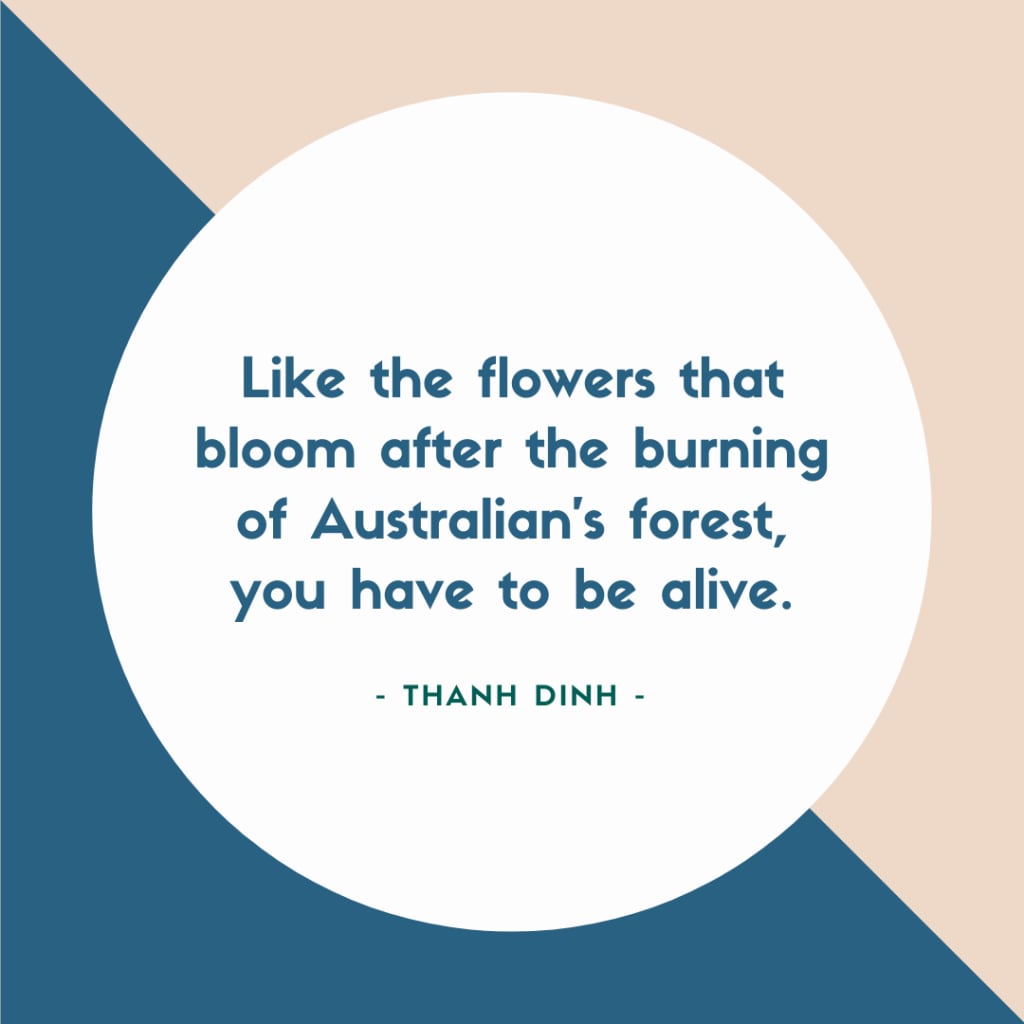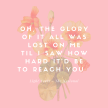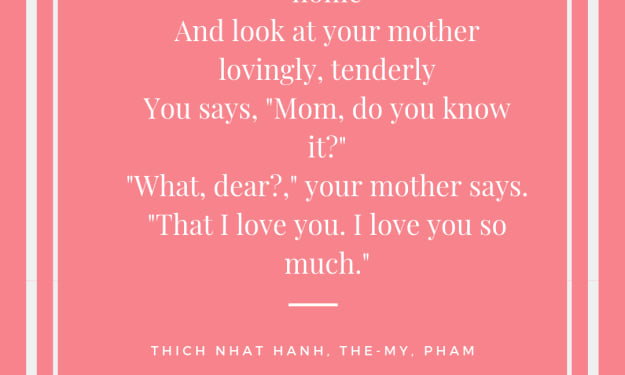The Louki Within
A review of Patrick Modiano's "In the Cafe of Lost Youth."

Choosing this book was not my rational decision. It was an impulse one. The news announced that a certain Mr. Patrick Modiano had won the Nobel Prize in literature and as a vain enthusiast of all literary things, I just had to buy the book.
Of course, I had plenty of choices. But the title of the book – “In the Cafe of Lost Youth” – stood out to me among the plethora of Modiano’s brilliant works. I chose it without understanding how profound, sad, and depressive the book was.
And by doing that, I also ignored the warning about the Louki within.
Mr. Patrick Modiano has a certain skill with his use of words, like all his Nobel predecessors. Of course, one must have some writing skills – some wording talent – to be a Nobel laureate.
The way he presented Paris in just a few simple words will always and forever be a thing I yearn. It’s as if my soul were a beggar in a desert, and the Paris in Modiano’s works was the oasis I wanted to be on.
To understand Louki, one must understand the Paris within Modiano’s works. Some call it arts. Some call it a lengthy description. Some don’t even know what it is, and how Modiano’s Paris is an important topic.
Because not everyone is swallowed by the great solitude that Louki – that Modiano’s Paris – retained in her heart.
Paris, Paris, Paris. A city of love, of pretty lights, of a promised happiness. But Paris never saves anyone. Certainly not Louki.
And it’s just like that. There’s always a Louki within us when we arrive at the Paris in Modiano’s works.
I remember vividly the first time I read “In the Cafe of Lost Youth.” I put the book down with my ignorance and wonder, What does Louki mean when she says “That’s it, just let yourself go”? That was three years ago. My ignorance lasted for quite a long time.
And then I came to Modiano’s Paris.
Amidst the devastation of life and the solitude of the living, I stand still by the sidewalk, watching the flow of people going everywhere and nowhere at all, and I thought to myself – the same thought Louki had – “That’s it, just let yourself go.”
Of course, I didn’t let myself go. I would be against it, even, if one of my friends has the thought. But the idea was so, so very tempting. The idea of being totally free, of getting rid of being alive and fighting a war you know you can’t win.
It takes me back to Kenji Miyazaki’s work – “Night on the Galactic Railroad.” Giovanni’s question rings in my ears. What is true happiness? Is there a “true happiness” for all? Campanella’s happiness is to be with his mother. Giovanni’s happiness is to have someone who loves him and be with him until eternity.
Then what about Campanella’s father? The lonely figure stands by the riverbank, watching the guards who spent their night finding his son’s corpse. What about him?
He, too, at that moment, bears a Louki within. The void. The hollow. The emptiness that no amount of love could salvage.
A person used to tell me, “There are worse things in life than death.” I was younger then. I didn’t quite understand how there could be anything more frightening than an ending.
But there are. Quite a multitude of them.
Be it Modiano’s Paris, Miyazawa’s Galactic Railroad, or all the other great works from the great authors who the Nobel committee fails to recognize, they stand as a proof for one thing: Being human means bearing a greater solitude in a solar system that will outlive all of us.
It means sometimes, you want to let yourself go like the lonesome and pretty Louki in Modiano’s Paris. It means despise having a Louki within, you have to choose the living. It means you have to suffer and find meaning in those sufferings.
It also means that there are beauties beyond the simple choice of being alive and being dead.
Like the flowers that bloom after the burning of Australia’s forest, for example. You have to be alive. You have to bloom.
About the Creator
Thanh Dinh
Thanh Dinh is a melancholy girl. She is on her way to find herself and along the road, she indulges herself in words and imagination. Her stuff is depressing, so please proceed with caution.






Comments
There are no comments for this story
Be the first to respond and start the conversation.